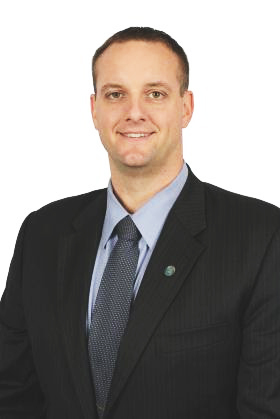A discussion on controlled substances is being held tonight at 7 p.m. in the Jamrich Hall Auditorium.
Forensic scientist Zach Blaksmith and addiction medicine physician Dr. John Lehtinen will jointly host “Drugs: More Dangerous Than You Think” followed by a question-and-answer session.
The presentation will focus specifically on controlled substances, defined by the Farlex dictionary as “a drug which has been declared by federal or state law to be illegal for sale or use, but may be dispensed under a physician’s prescription.”
The discussion brings awareness to the NMU community about the extreme danger posed by the use of controlled substances as well as the hidden dangers of the chemicals laced in these controlled substances. Additionally it will focus on the chemical effects these drugs have on the brain and how they affect the life of the user (possibly ending it).
Tips will be given on how to avoid these dangers.
Blaksmith’s talk, “What’s in Your Drugs?” will address confiscated drugs and the possibility of them being laced with other harmful substances.
“[Blaksmith] analyzes all controlled substances confiscated at crime scenes and therefore knows what drugs are coming into the community and what many of these drugs are being laced with,” Marsha Lucas, director of the forensic biochemistry program, said. “There are some very dangerous substances being mixed into some of the ‘drugs’ and people should be made aware of this.”
Blaksmith works in the controlled substance and toxicology units at the Michigan State Police Crime Lab in Marquette, and is also a member of the crime scene response team. He has been working in emergency medical services for 14 years.
Dr. Lehtinen will present “The Addicted Brain,” shedding light on what certain drugs do to alter the brain, and how that affects the drug user. Lehtinen is the only board-certified addiction medicine physician in the Upper Peninsula. He has been practicing in Marquette for over 36 years. The purpose of the presentations are to inform the public about the current drug epidemic happening locally and nationally, as well as education on the dangers of using drugs, both just once and habitually.
“People may have the impression that it would be harmless to experiment as long as you just use a small amount of the drug,” Lucas said. “There is no such thing as a harmless experiment with drugs; you are toying with the grave possibility of addiction, and the world of addiction is very harsh.”
“When purchasing a drug from someone, you have absolutely no idea what is actually being sold to you, what additive could be in it to make it more addictive, or how your body will react to different substances. It is never wise to tempt fate,” she added.
There are many different ways to release the natural chemicals of the brain without having to take a controlled substance (i.e running, laughing), and the presentation will outline the importance of staying away from the temptation of drug experimentation.
President of the NMU Forensic Biochemistry Club and forensic biochemistry junior Noelle Sieloff said the goal of the event is to inform community members and students in high school and college about what is happening in the local area with drugs and what they are seeing at the hospital.
“I think it is important for college students to understand the dangers when taking these certain drugs because it may not always be what you think,” Sieloff said.
Both Lehtinen and Blaksmith will identify resources in which students can stay informed about the information and dangers of controlled substances.
The NMU Forensic Biochemistry Club is sponsoring the event and it will be free and open to the public.

























